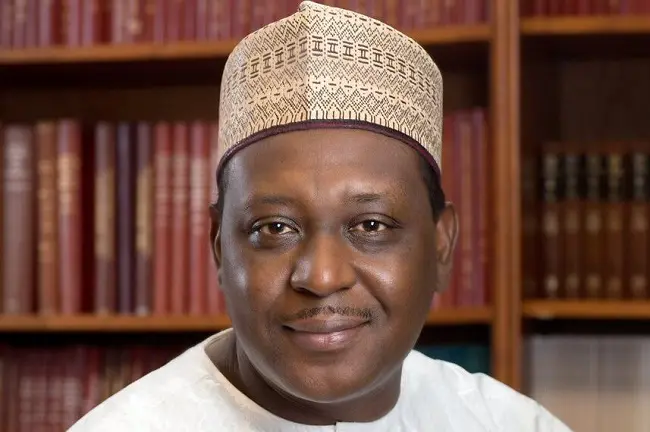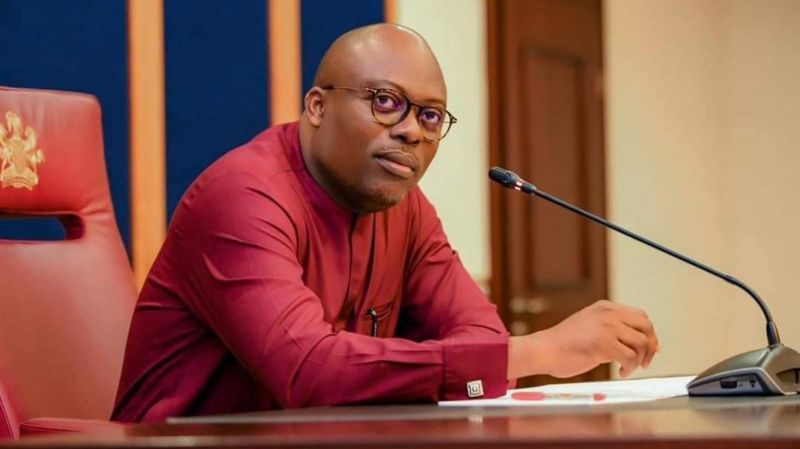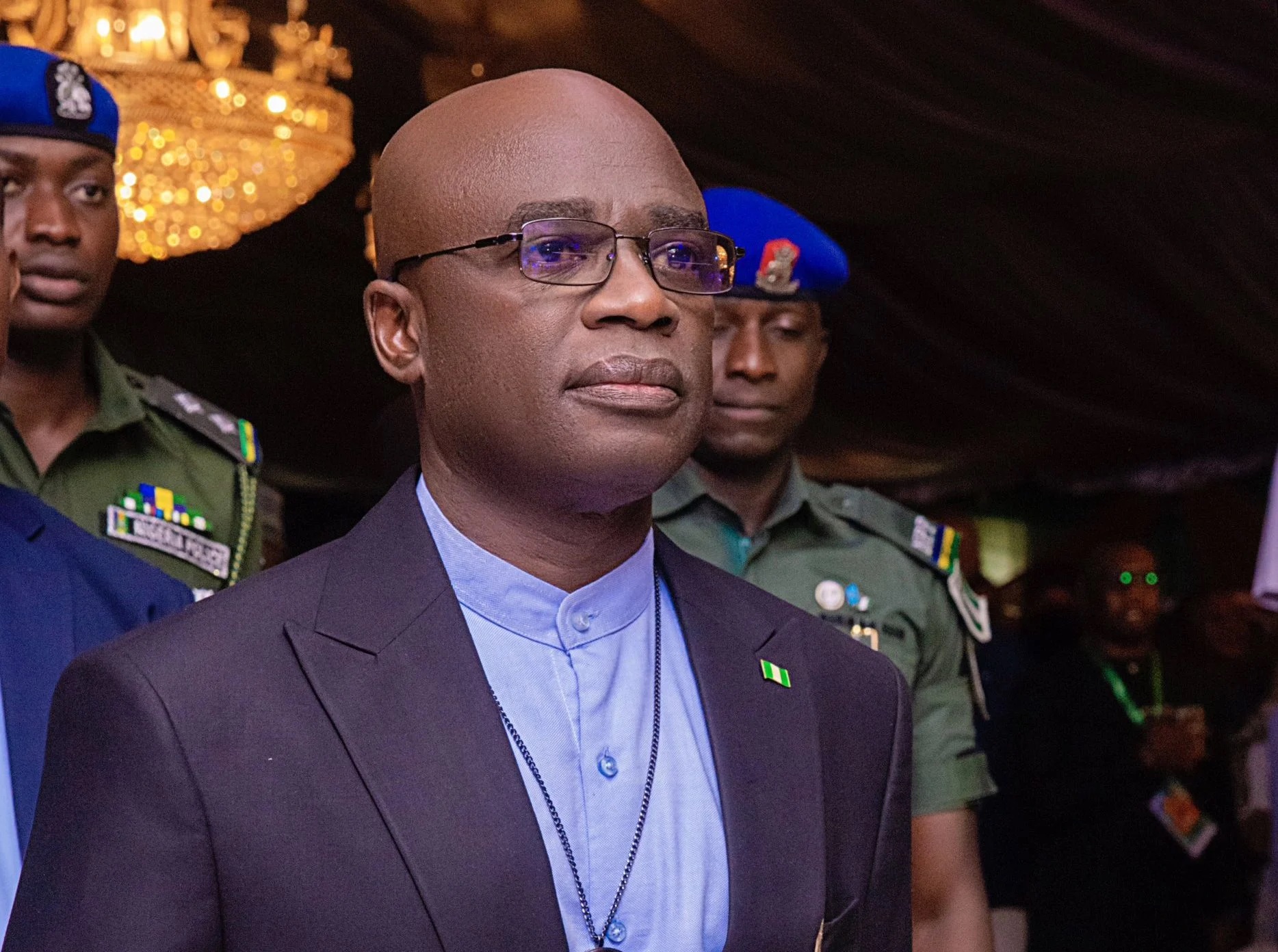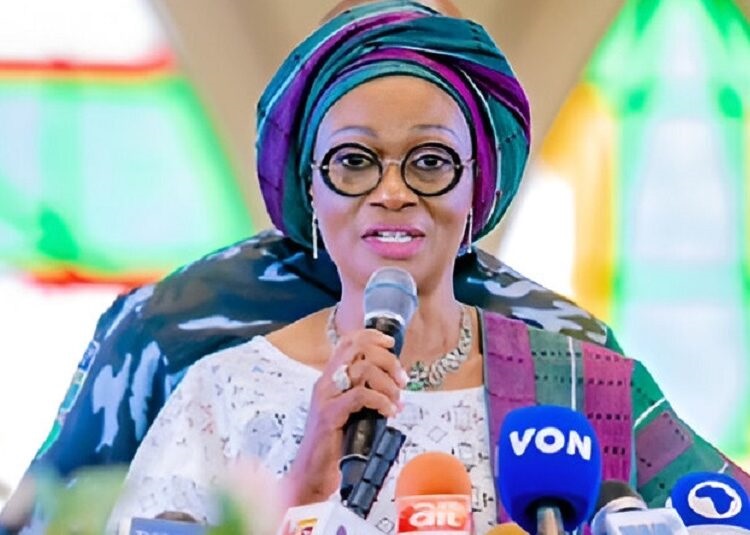Continental stakeholders under the aegis of African parliamentarians, civil society organisations (CSOs), health experts, and development partners have pledged to end Tuberculosis (TB) by 2030 through collaboration.
They made the pledge at the 5th Africa TB Summit on Tuesday in Abuja.
The News Agency of Nigeria (NAN) reports that the summit was hosted by the Global TB Caucus and its partners, like Stop TB Partnership Geneva, the Global Fund, FIND, Light Consortium, and WACI Health.
The summit, supported by Nigeria’s AIDS, Tuberculosis, and Malaria Control Committee, convened stakeholders from 18 African countries to discuss actionable strategies for ending TB across the continent.
It focused on advancing the commitments made during the 2023 UN High-Level Meeting (UN HLM) on TB.
Participants reviewed progress and explored solutions to accelerate efforts toward the UN HLM target of ending TB by 2030.
One of the summit’s key achievements was the adoption of the Abuja Statement on Financing to End TB in Africa.
This document was co-developed by the Stop TB Partnership, African Union, and Africa Parliamentary TB Caucus.
It outlines a roadmap for achieving TB targets through legislative engagement, increased funding, and strengthened partnerships.
The summit also highlighted critical priorities like domestic resource mobilisation: and increasing funding for TB prevention, diagnosis, and treatment.
Other priorities were policy reforms: enacting laws to improve TB care and reduce human rights violations, among others.
Participants pledged to mobilise resources, enhance legislative support, and engage communities to close gaps in TB prevention and care.
Speakers emphasised the need for sustained efforts to tackle TB
Hon. Amobi Ogah, Chairman, of the AIDS, Tuberculosis, and Malaria Control Committee, Nigeria, said that parliamentarians were the bridge between commitments and action.
“We must hold ourselves accountable to drive TB eradication efforts,” he said.
The Lord Herbert of South Downs, Chair, Global TB Caucus, said that the leadership of African parliamentarians was critical to ensuring that TB is prioritised within national health policies and budgets.
Mr Peter Sands, Executive Director, Global Fund, said that Africa had made remarkable strides in reducing TB deaths.
Sands , however, said that sustained investments in innovative diagnostics and treatments were essential to maintaining the momentum.
Mrs Deborah Ikeh, Director of Programmes, Global TB Caucus, said that proactive parliamentary engagement and budget advocacy can translate commitments into impactful actions that improve TB outcomes.
The summit ended with resolutions to advocate for increased domestic and global funding to close TB gaps.
Participants also resolved to strengthen multi-sectoral partnerships with relevant stakeholders, including Ministries, Departments, and Agencies (MDAs), CSOs, and private sector entities.
Other resolutions include prioritising vulnerable groups and affected communities to ensure equitable access to TB care, and advancing investment in innovative diagnostic tools and treatments.
As African nations adopt the Global TB Caucus 2025 Roadmap and implement the Abuja Statement, the summit reinforced the continent’s commitment to ending TB through collaborative efforts and innovative strategies.(NAN)





